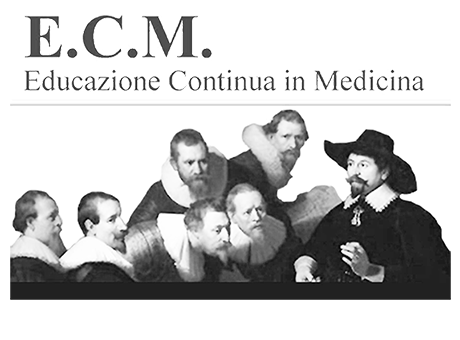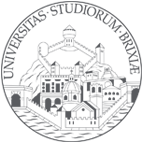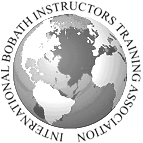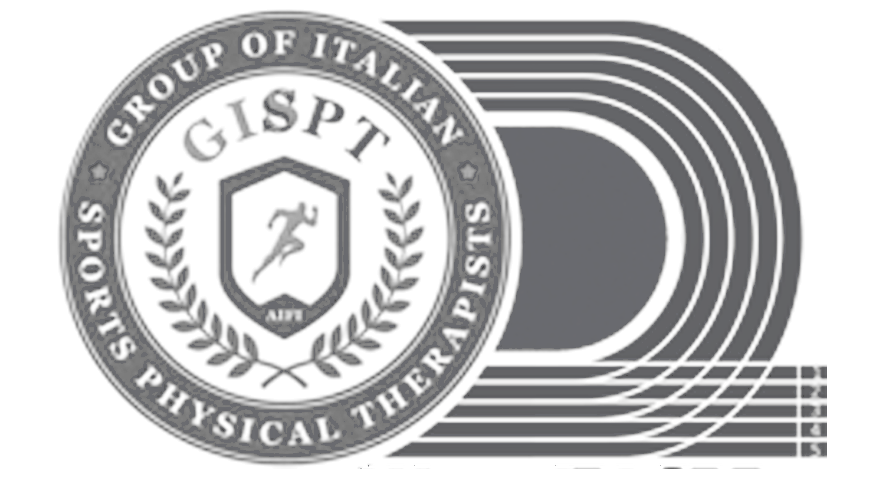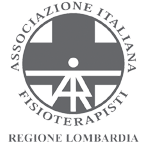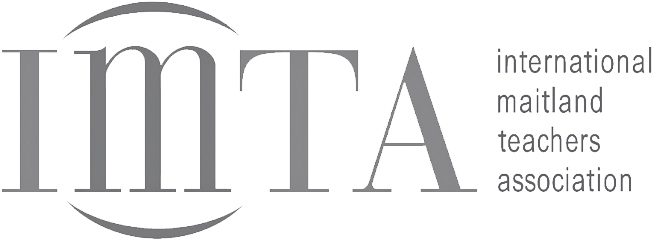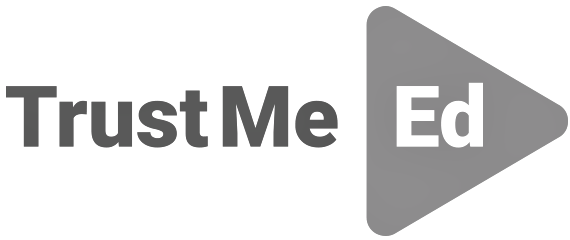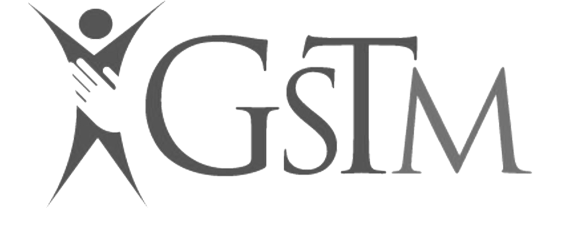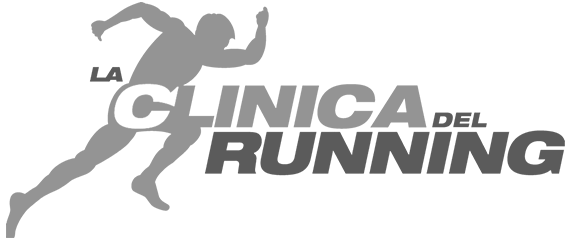November 22, 2023
EM283: IBITA Advanced Course - Overview on the re-education of locomotion: how each body segment contributes to the realization of efficient gait
-
Mary Lynch ElleringtonPt, FCSP, IBITA Senior Instructor
-
Alba MagriPt, IBITA Advanced Course Instructor
-
Monica MorelliIBITA ACI
-
Monia AlessiPt, IBITA Advanced Course Instructor
-
Carlos Leite MartinsPt, IBITA Basic Course Instructor, PhD Cand.
Re-educating walking after central injury remains the "golden goal" of rehabilitation and the first goal for many patients.
Current knowledge in neuroscience and biomechanics has enriched the basis for building a tailor-made treatment in different clinical conditions.
The aim of the course is to look at locomotion as a complex function that involves the entire neuro-musculoskeletal system in order to identify specific problems of each individual patient, build an individualized treatment and develop clinical reasoning on the basis of scientific evidence. The course is very oriented towards developing clinical observation skills and manual skills for the treatment of patients in relation to the theoretical knowledge provided directly by researchers in the field.
For this reason, although it is open to all those who have participated in a Bobath Basic course, it is particularly recommended as a second (or subsequent) advanced course.
In collaboration with:
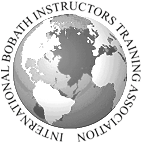
Intended for
Payments
- Deposit €490.00 within 7 days from the registration
- Balance €430.00 by date November 15, 2023
Calendar
language
COURSE LOCATION: BRESCIA @ EDUMED FORMAZIONE
SCHEDULE
PROGRAMMA
First day
08.30-09.00 Registration of participants and presentation of course objectives
09.00-10.30 Lecture: Food for thought from the webinar: Biomechanical requirements for functional movement efficiency: insights to understand human locomotion” - Considerations for clinical practice
Discussion between teachers and participants and integrations from the literature
10.30-11.00 Lesson: Synergies for locomotion
11.00-11.15 Coffee breaks
11.15-12.45 Demonstration of patient A by teachers in collective session
12.45-13.00 Summary of clinical reasoning and discussion
13.00-14.00 Lunch
14.00-15.15 Treatment of clinical cases by course participants (working couples) with high supervision by teachers
15.15-15.45 Discussion of the clinical case treated within the working group with the guidance of the assigned teacher - Definition of the critical elements of the evaluation for the first treatment hypothesis
15.45-16.00 Coffee breaks
16.00-18.00 Practical laboratory 1: Postural control for verticality and the first step
Second day
08.30-09.45 Lesson: Analysis of locomotor problems in different clinical conditions (Part A – Hemiplegia)
09.45-11.00 Lesson: Lecture: Analysis of locomotor problems in different clinical conditions (Part B – Incomplete spinal injuries)
11.00-11.15 Coffee breaks
11.15-12.45 Demonstration of patient A by the teachers in collective session
12.45-13.00 Progression of clinical reasoning: discussion
13.00-14.00 Lunch
14.00-15.15 Treatment of clinical cases by course participants (working couples) with supervision of teachers
15.15-15.45 Discussion of the clinical case treated within the working group with the guidance of the assigned teacher - Definition of the critical elements of the treatment and progression hypothesis
15.45-16.00 Coffee breaks
16.00-18.00 Practical laboratory 2: The stability of the head-neck-shoulder blades-thorax system to orient the propulsion line and ensure the anchorage of the locomotor system
Third day
08.30-09.45 Lesson: Analysis of locomotor problems in different clinical conditions (Part C – Multiple Sclerosis/Ataxia)
09.45-11.00 Lesson: Lecture: Analysis of locomotor problems in different clinical conditions (Part D – Parkinson's disease)
10.45-11.00 - Coffee breaks
11.00-12.30 Demonstration of patient A by the teachers in collective session
12.30-13.00 Summary of clinical reasoning and treatment techniques. Collective discussion
13.00-14.00 Lunch
14.00-15.15 Treatment of clinical cases by course participants (working couples) with supervision of teachers
15.15-15.45 Discussion of the clinical case treated within the working group with the guidance of the assigned teacher - Definition of the critical elements of the treatment and progression hypothesis
15.45-16.00 Coffee breaks
16.00-18.00 Practical laboratory 3: The swing of the arms to stabilize the COM and favor propulsion
Fourth day
08.30-10.45 Practical laboratory 4: The chest-pelvis relationship to favor the transfer of AP and LL load
10.45-11.00 - Coffee breaks
11.00-12.30 Demonstration of patient B by the teachers in collective session
12.30-13.00 Summary of clinical reasoning and treatment techniques. Collective discussion
13.00-14.00 Lunch
14.00-15.15 Treatment of clinical cases by course participants (working couples) with supervision of teachers
15.15-15.45 Discussion of the clinical case treated within the working group with the guidance of the assigned teacher - Definition of the critical elements of the treatment and setting up the re-evaluation
15.45-16.00 Coffee breaks
16.00-18.00 Practical workshop 5: The foot for the absorption of impact forces, for the stabilizer of the COP and for propulsion - Taking a step in preparation for the stairs
Fifth day
08.30-10.45 Practical workshop 6: The lateral stability system for SLS: promoting the contralateral swing and changes of direction
10.45-11.00 Coffee breaks
11.00-12.30 Demonstration of patient B by the teachers in collective session
12.30-13.00 Summary of clinical reasoning and treatment techniques. Collective discussion
13.00-14.00 Lunch
14.00-15.15 Treatment of clinical cases by course participants (working couples) with supervision of teachers
15.15-16.15 Presentation of a case study by the teachers using the MBCP
16.15-17.00 Last questions, ECM practical test and conclusion of the course
